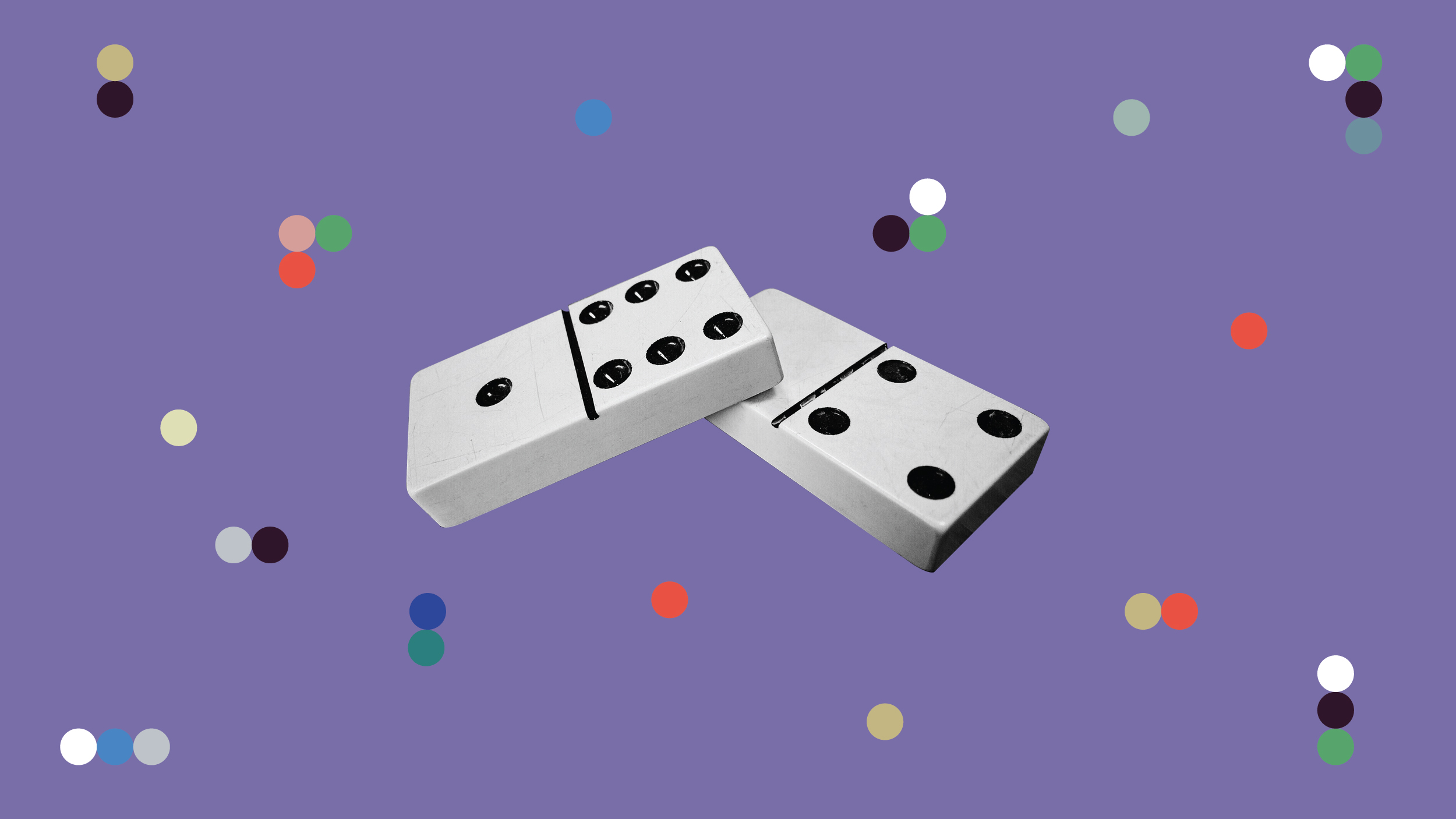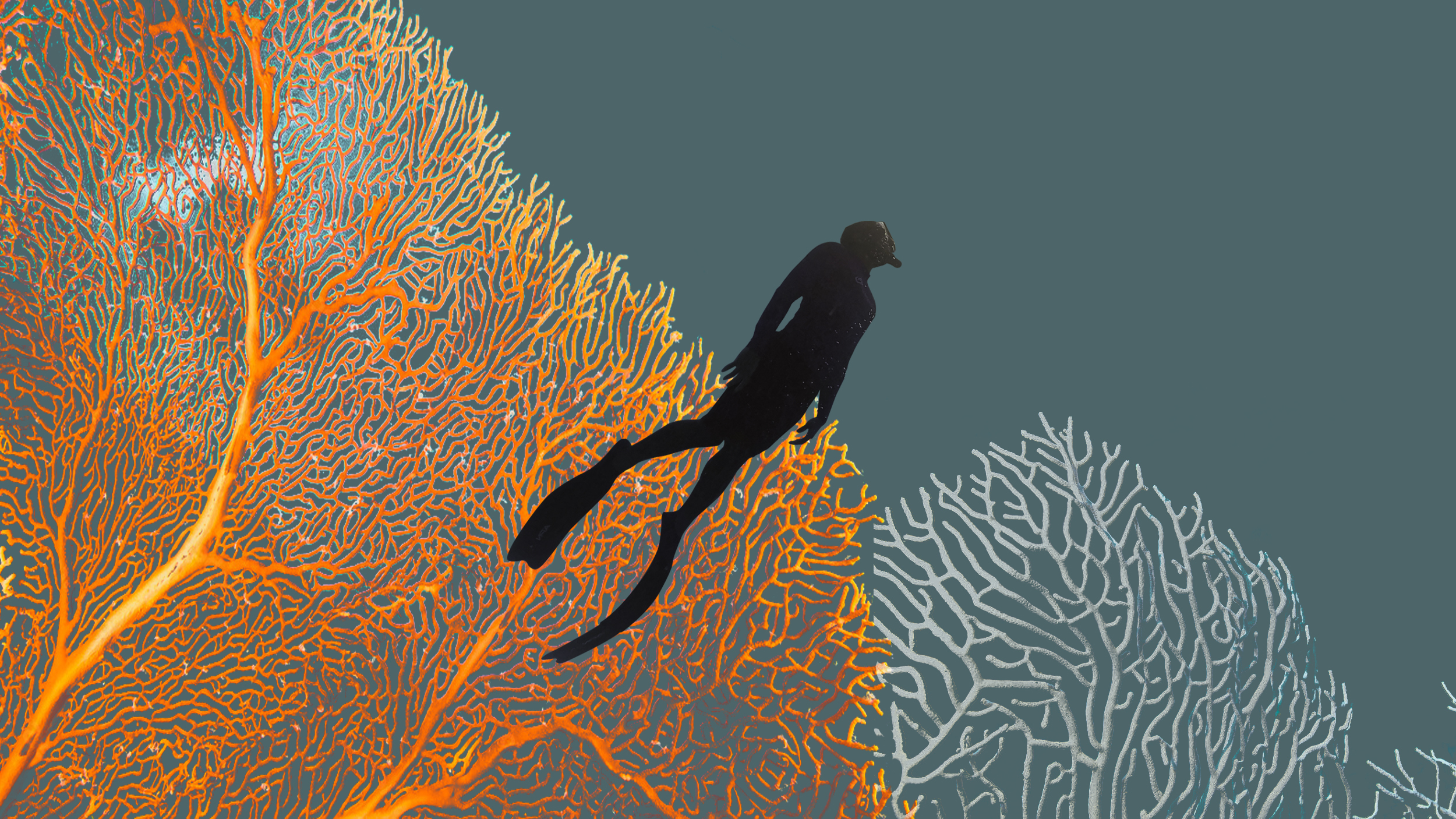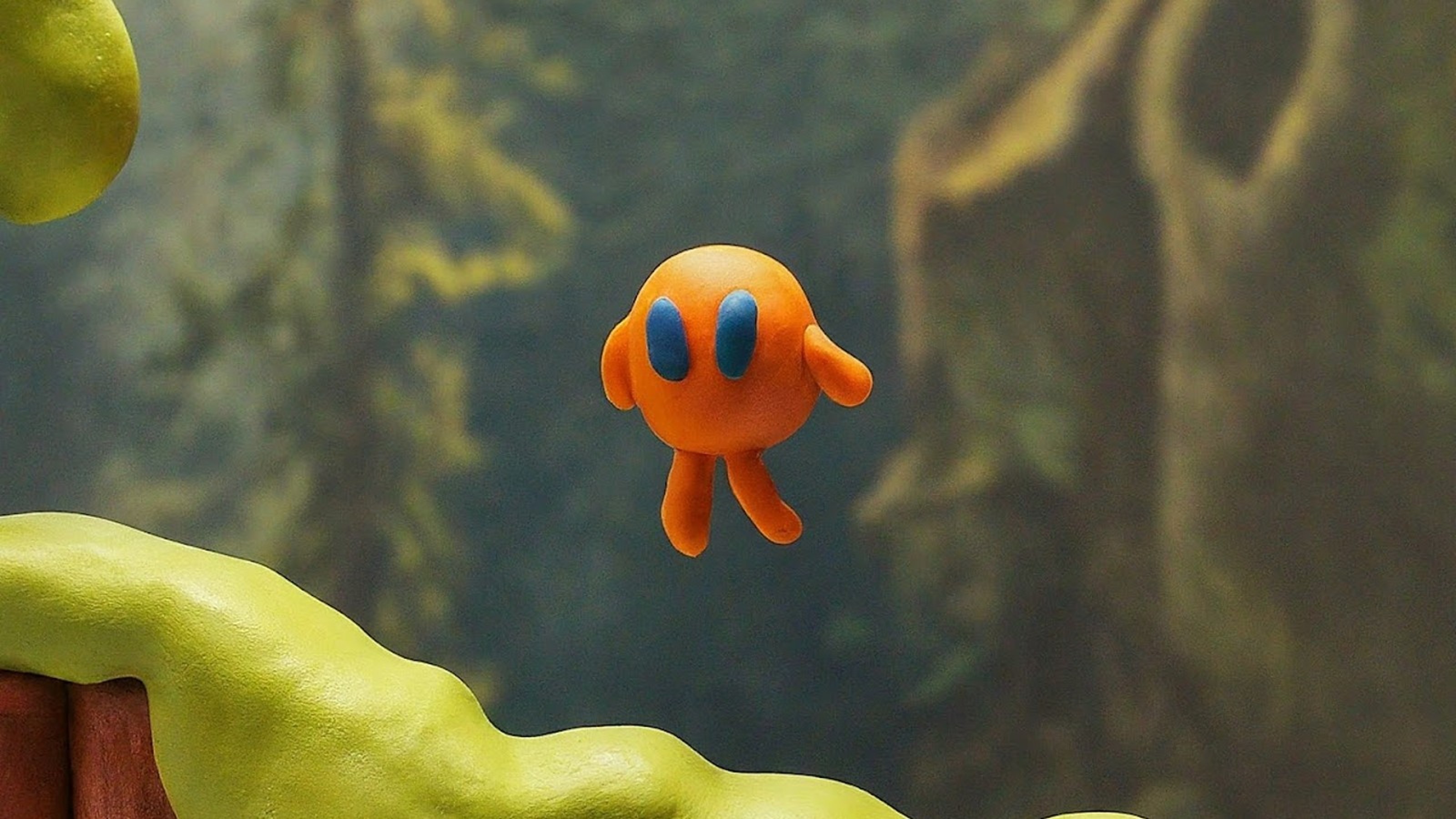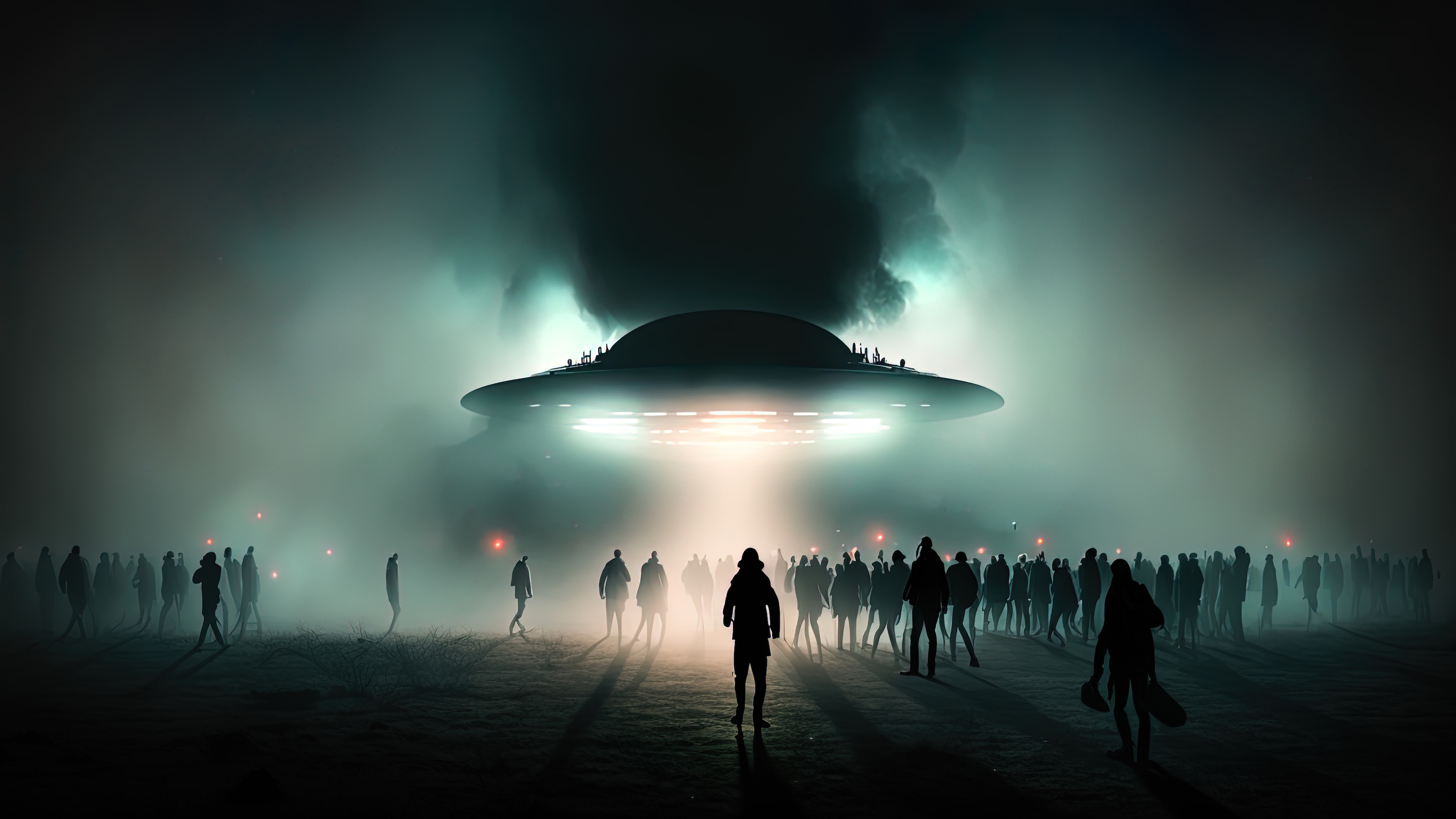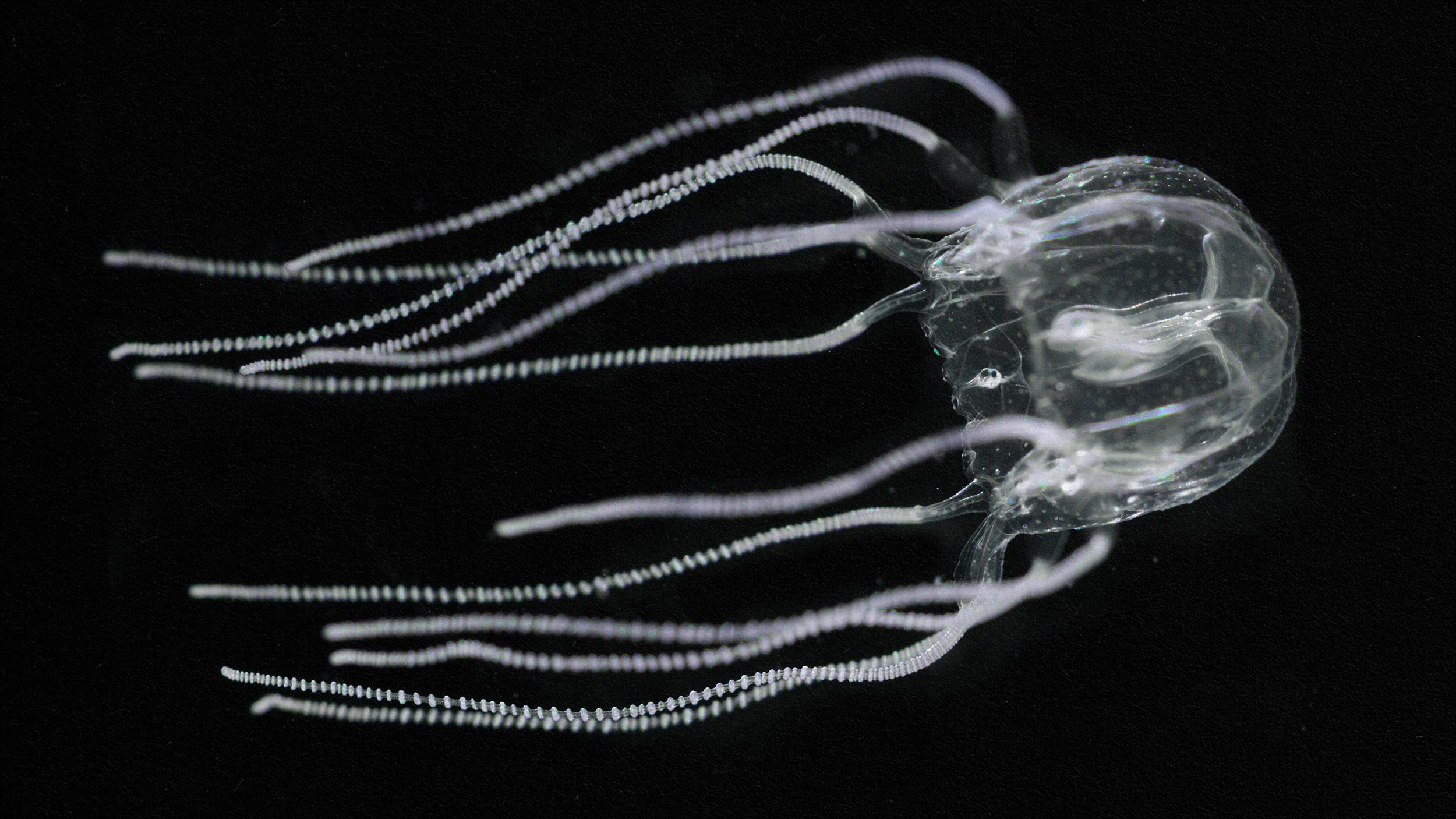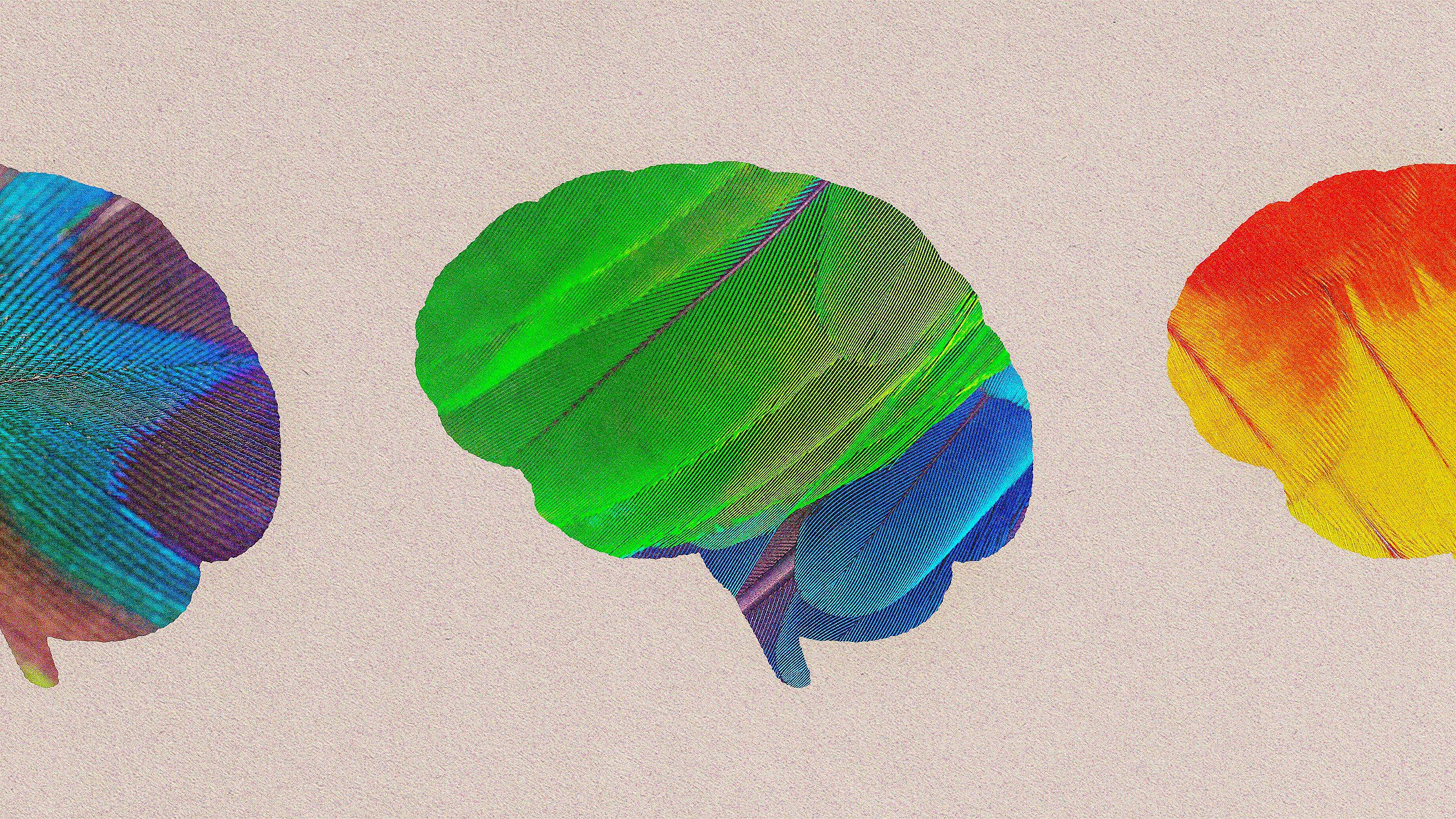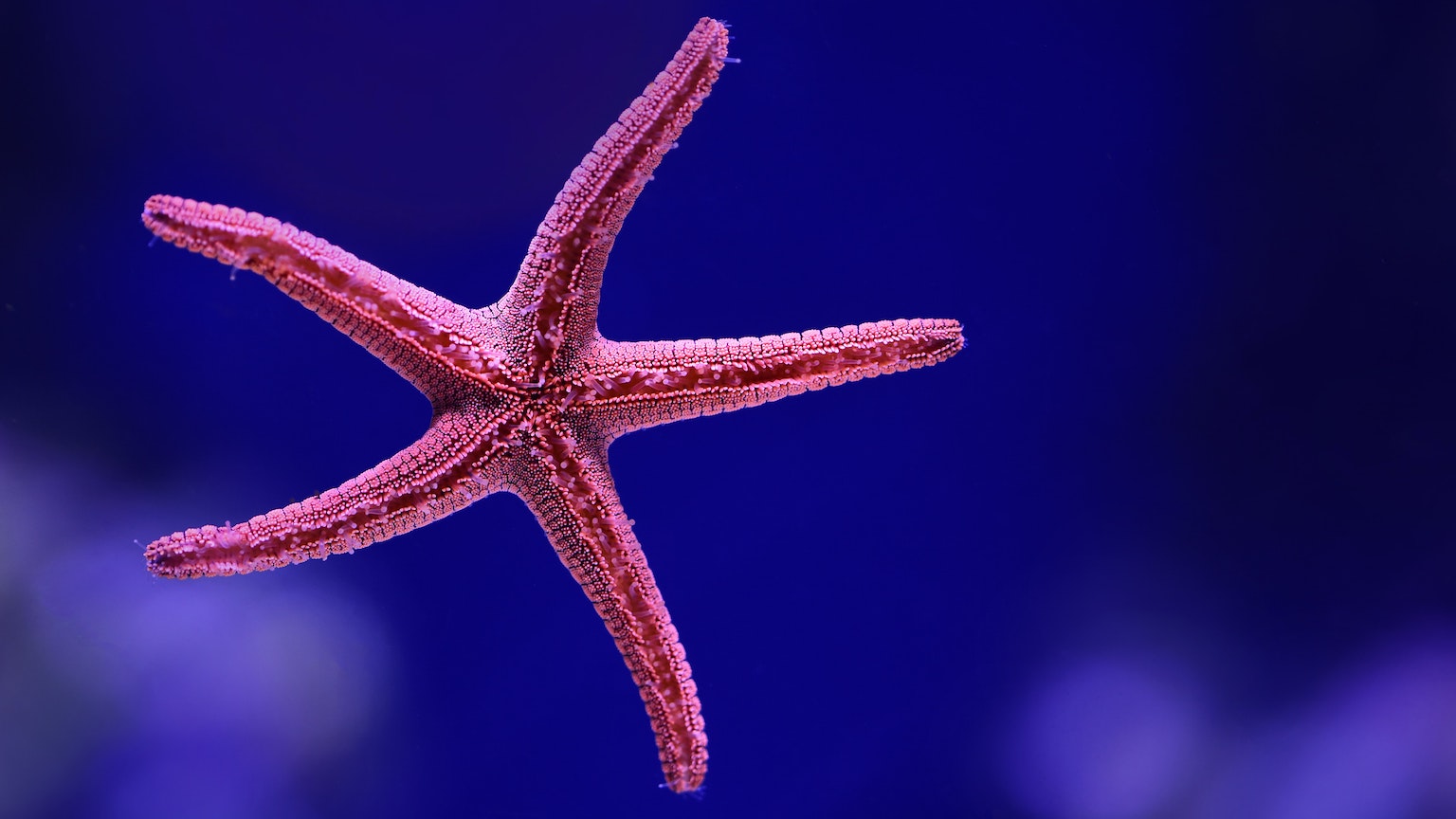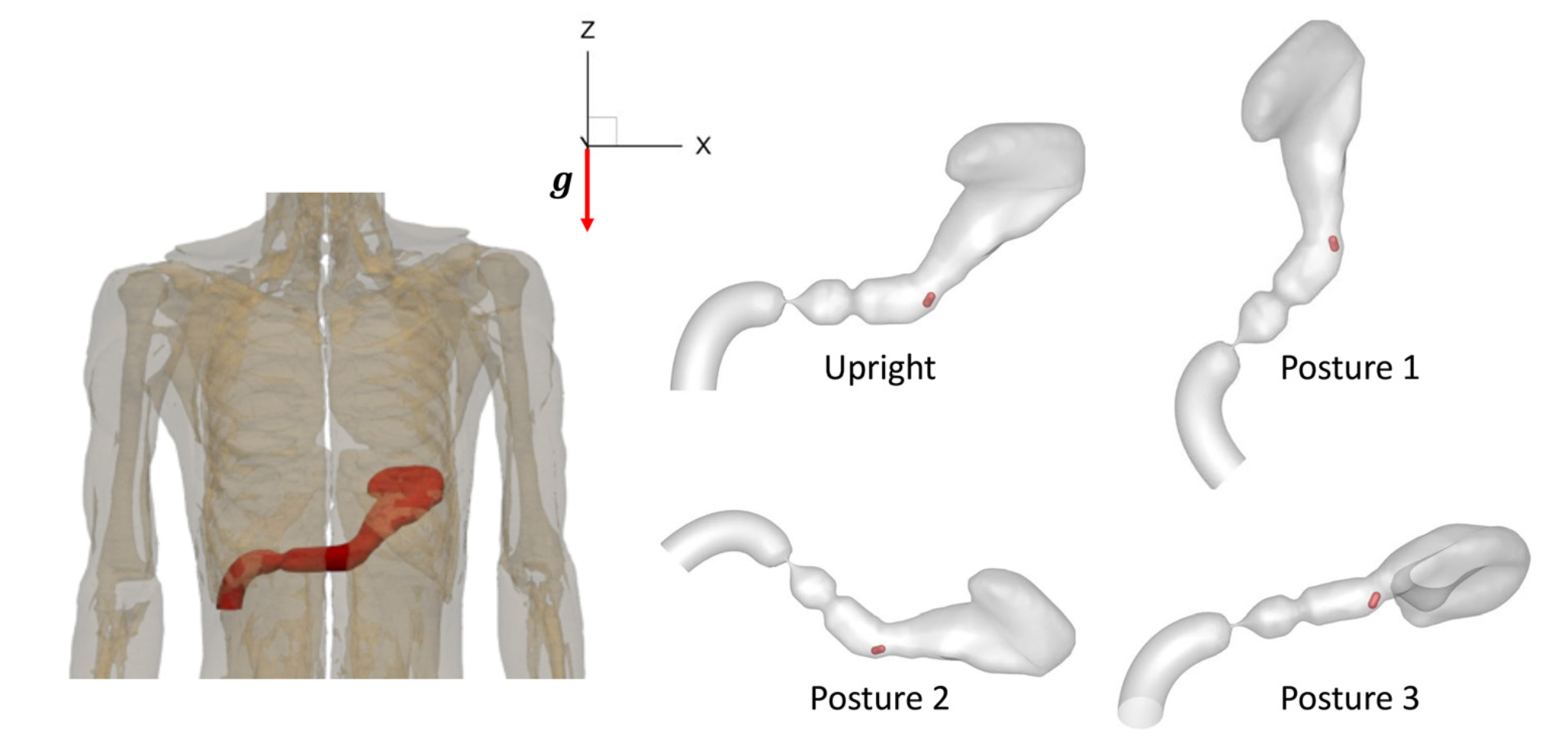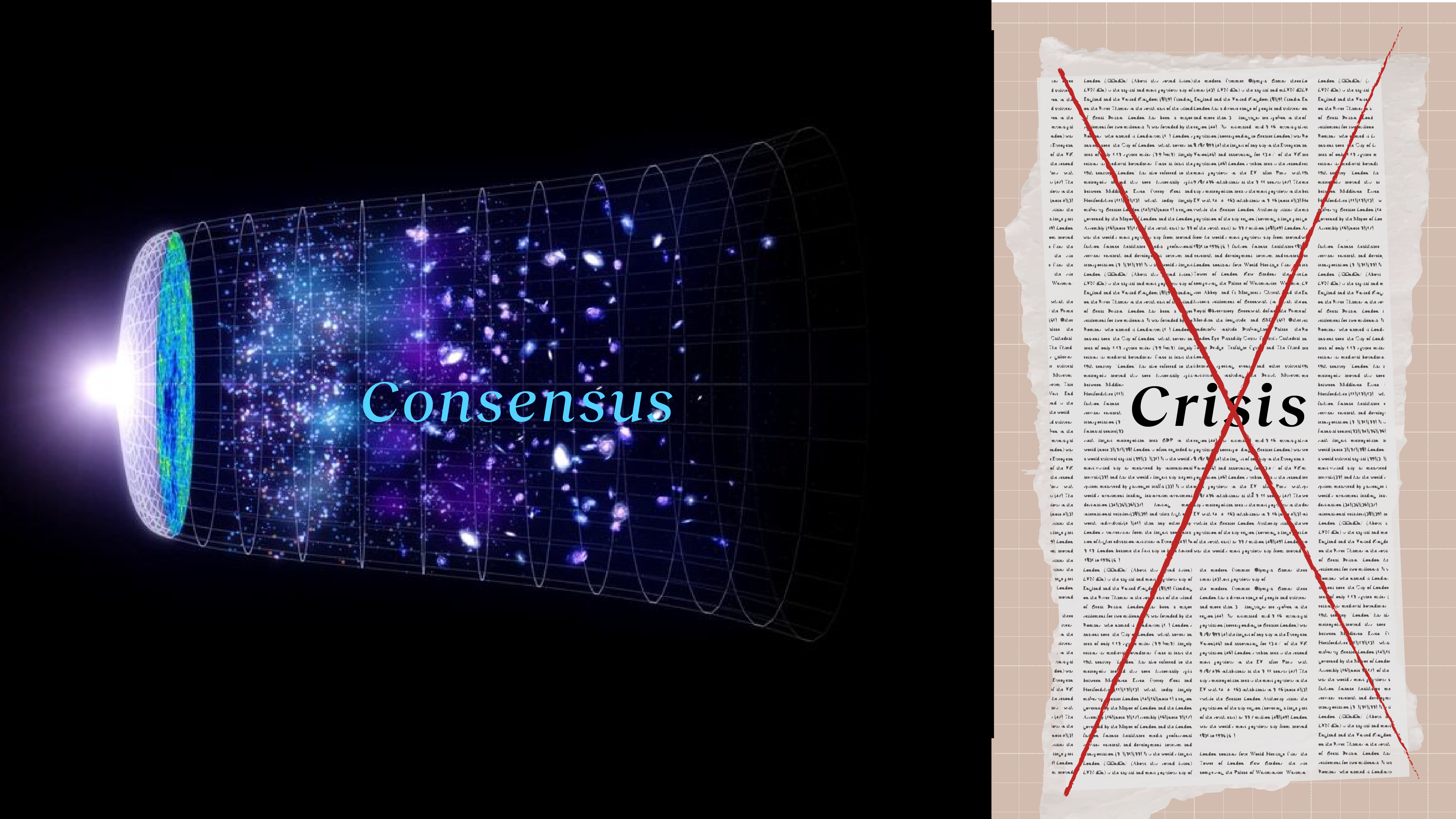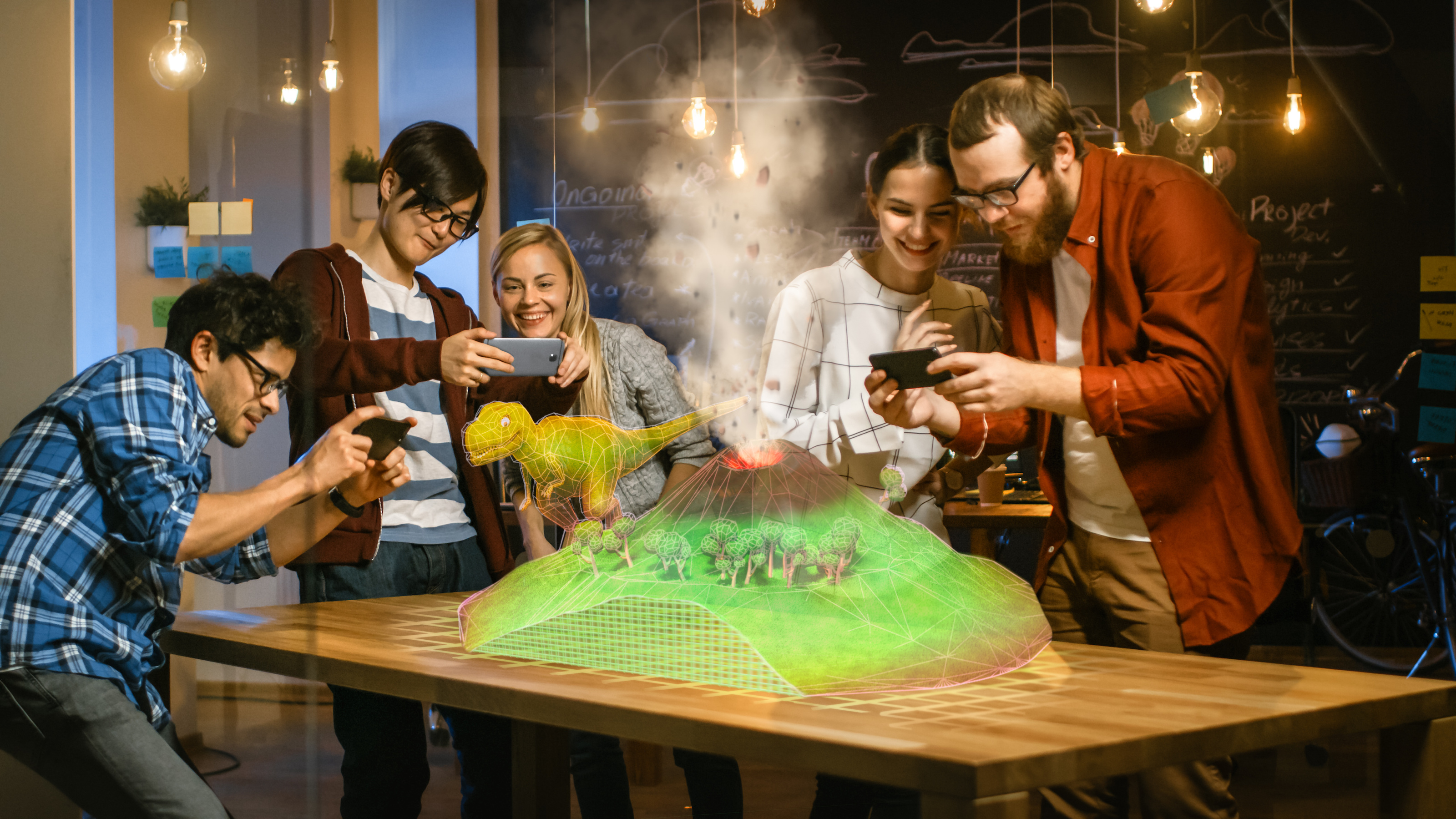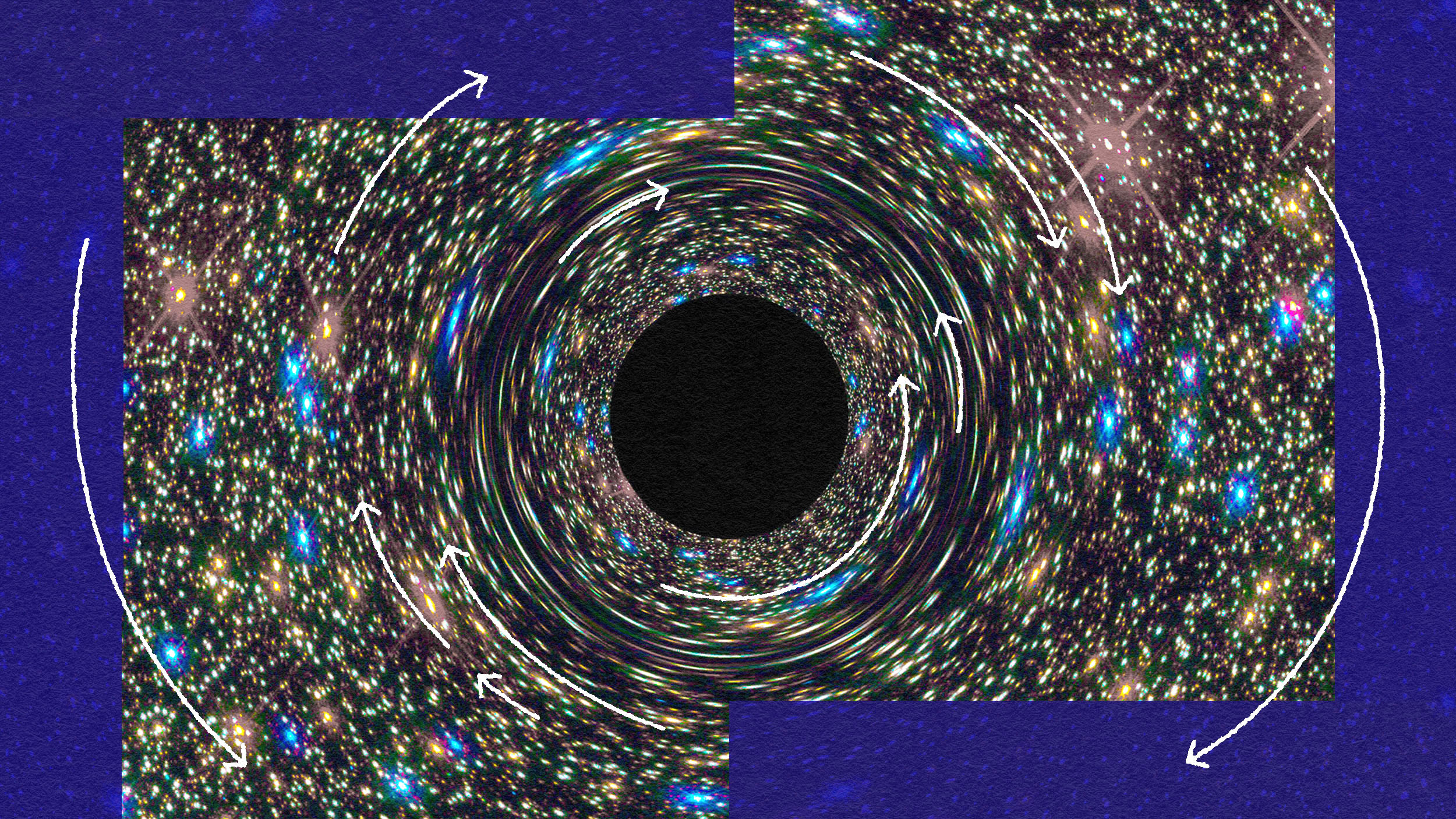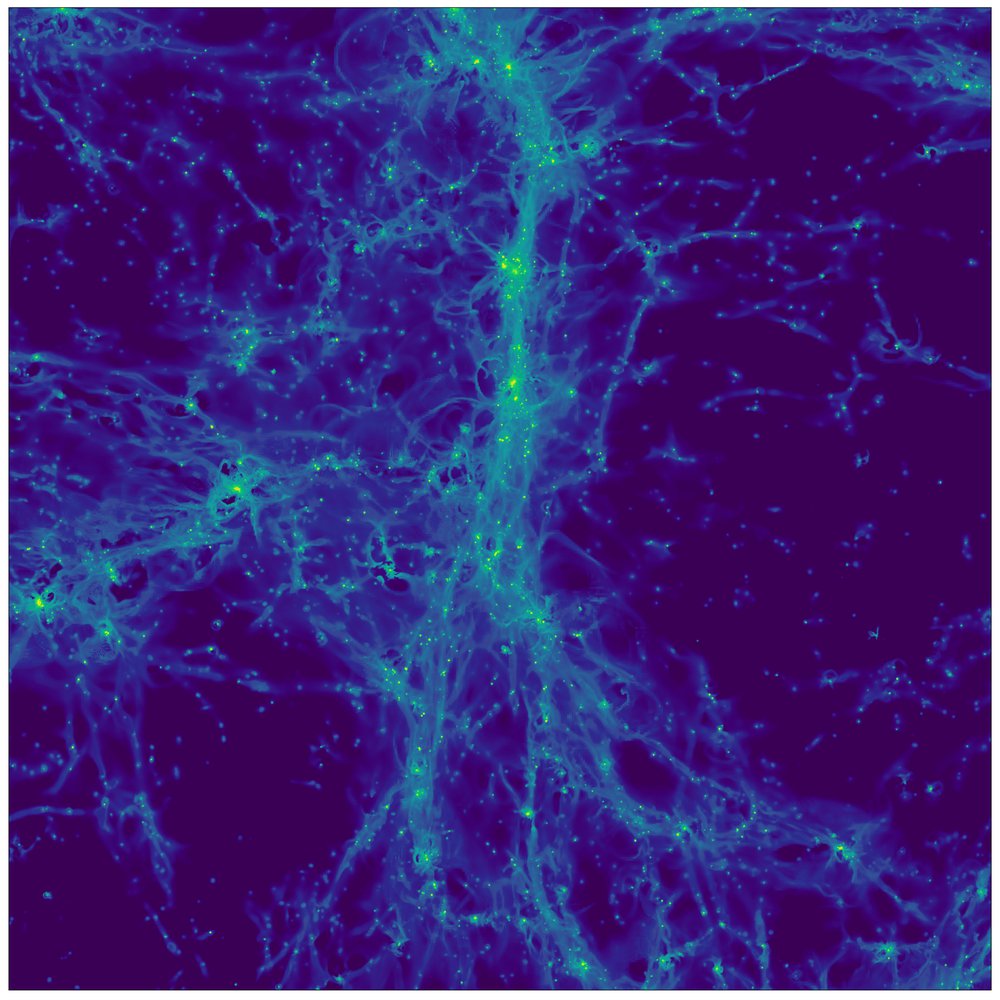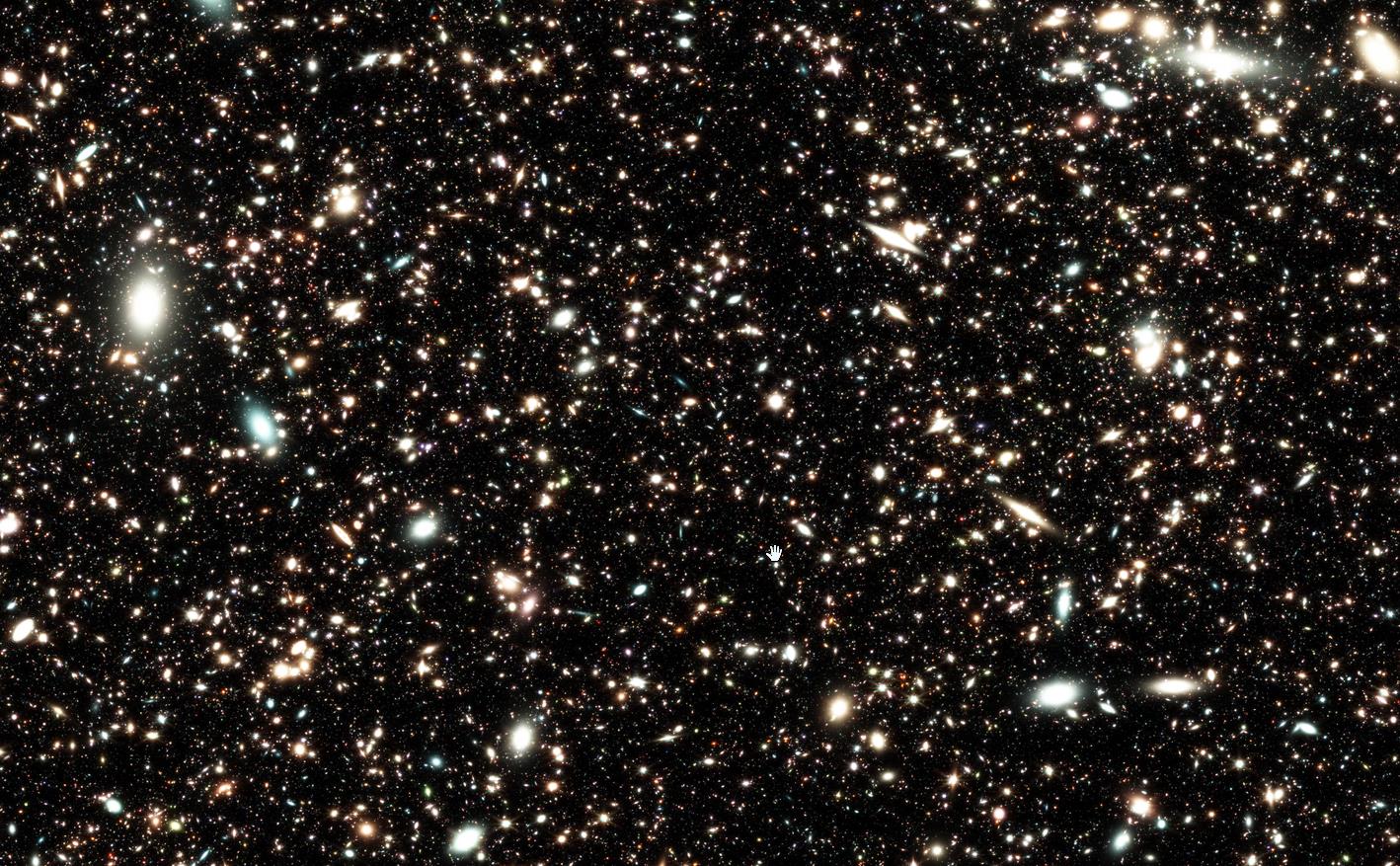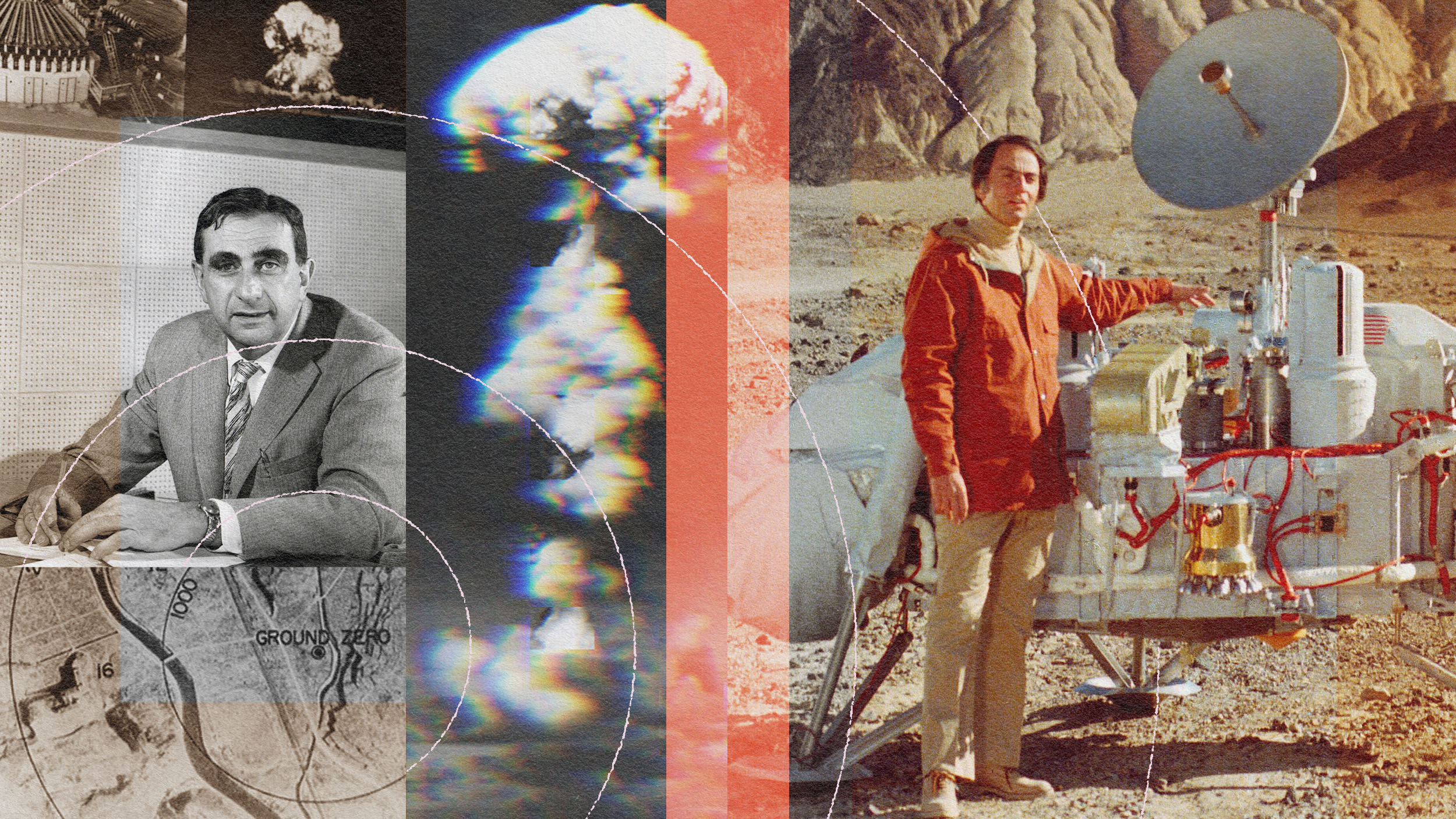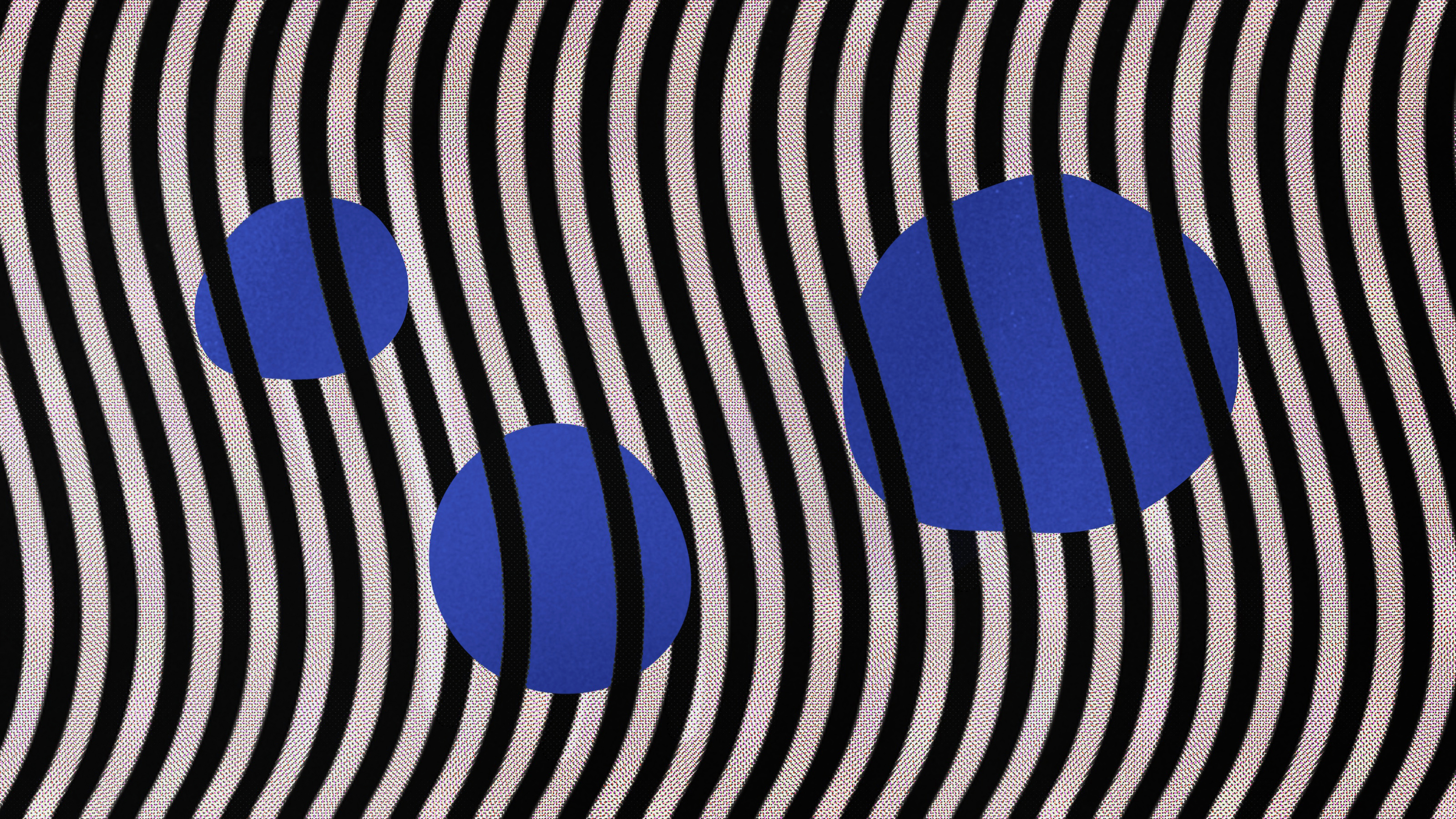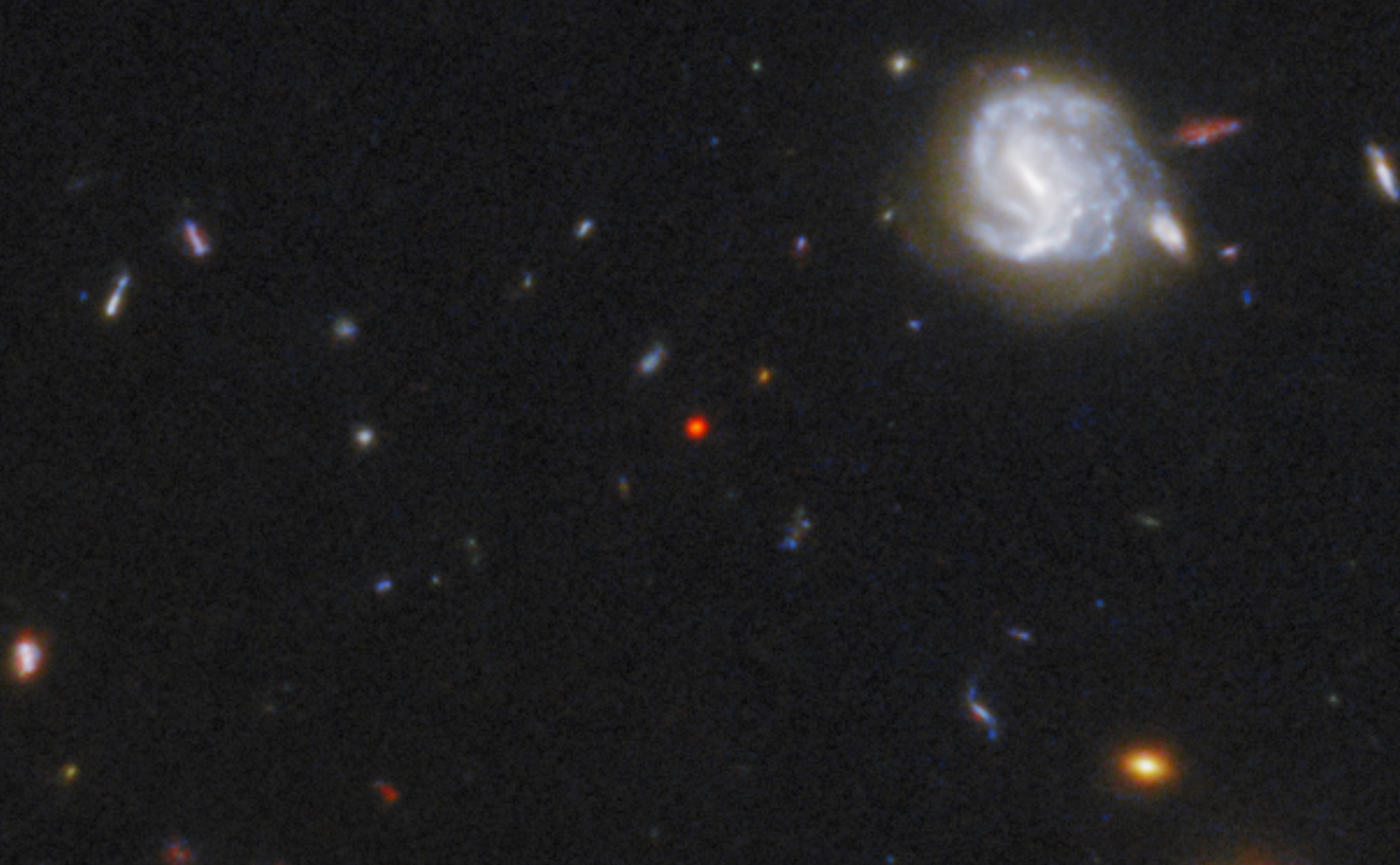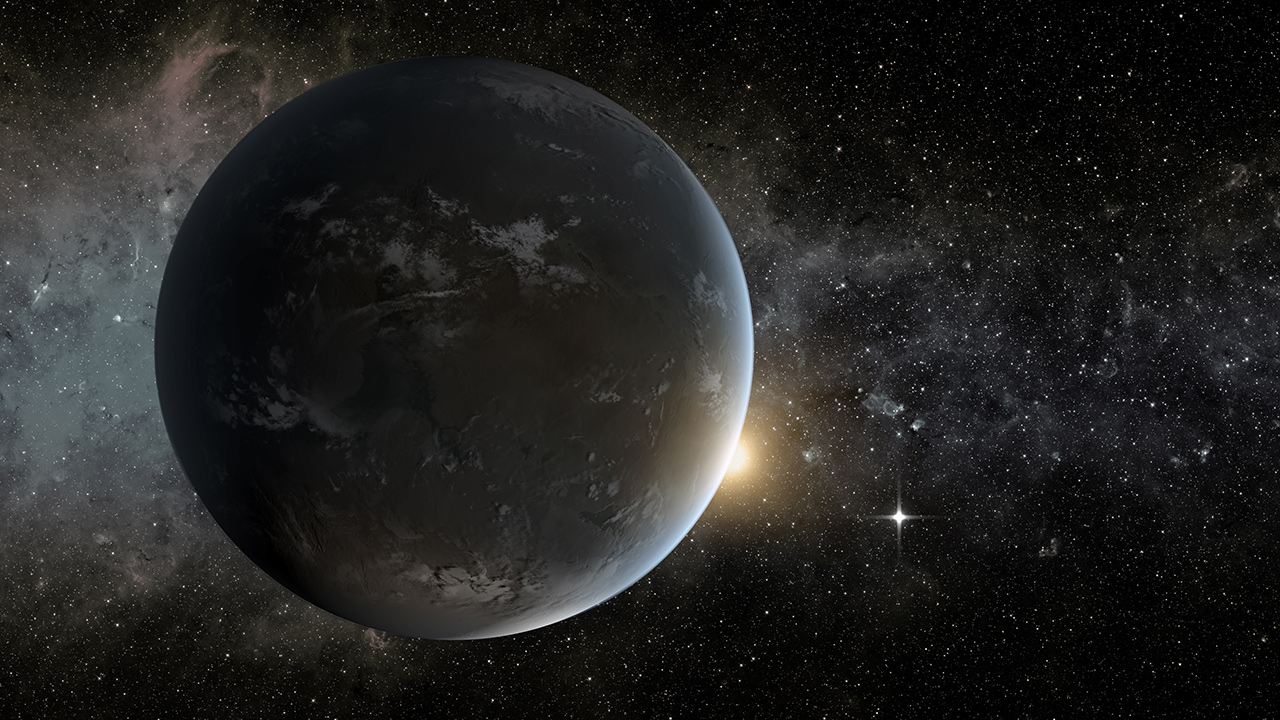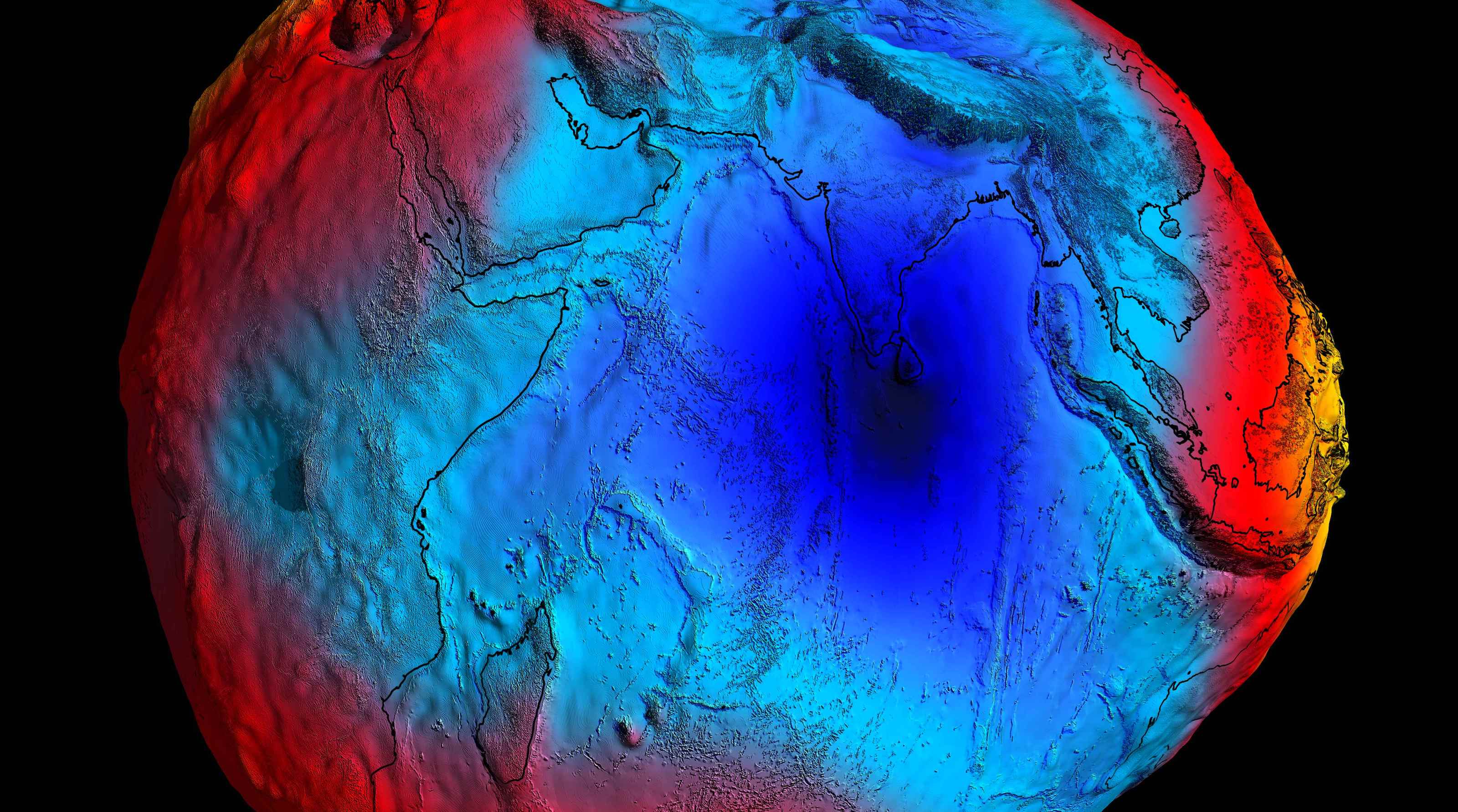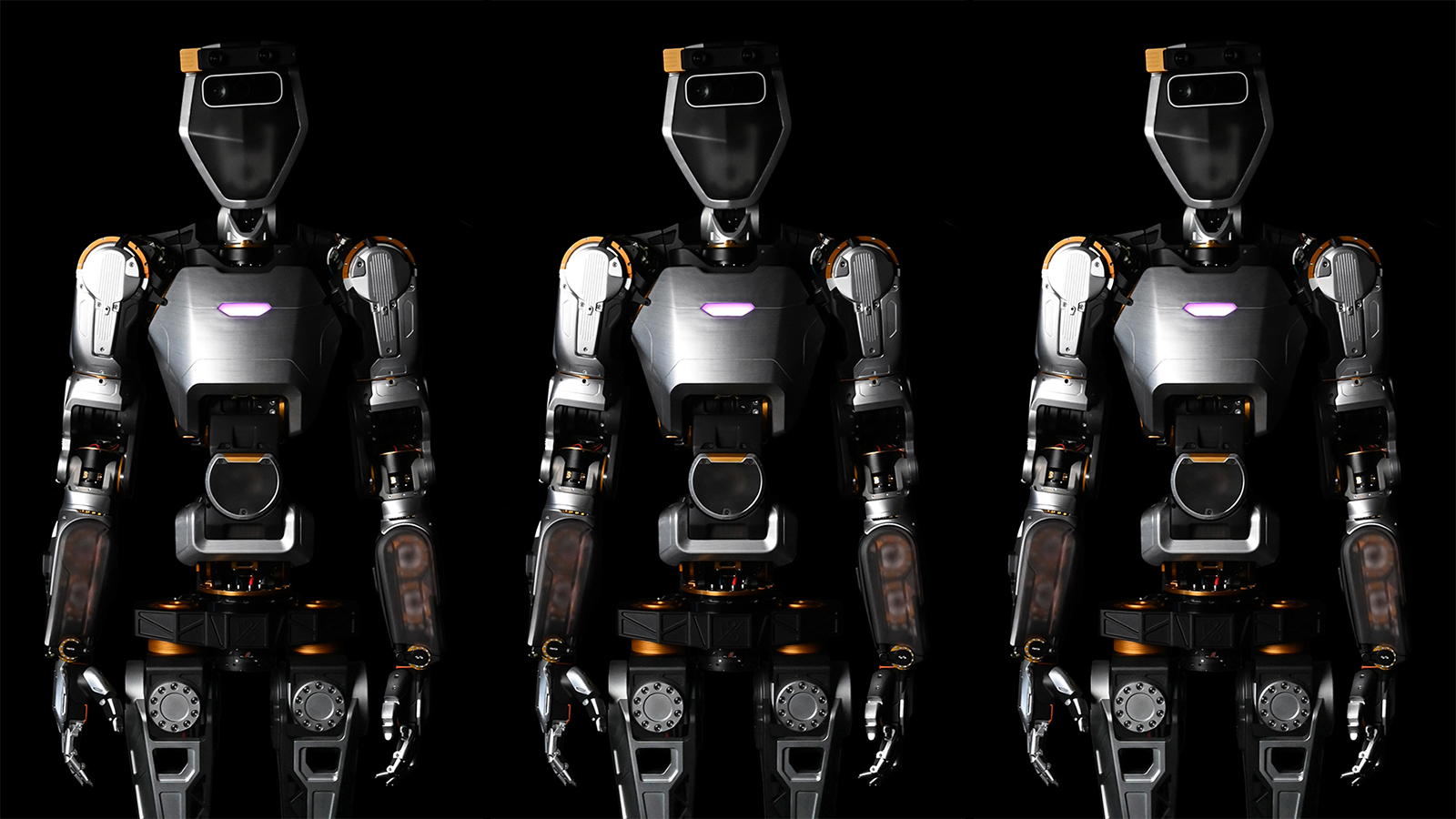Instead of giving the 239 suffering families and the public a true story, Netflix exploited a horrifying tragedy to push conspiracy theories.
Search Results
You searched for: simulation
Concerns about privacy and pressures regarding the physical appearance of women and their homes contributed to the failure of AT&T’s 1960s Picturephone.
Brands like BMW, Walmart, and IBM are seeing big wins from the use of gamification in corporate training. Here’s how.
Immersive learning creates an interactive environment in which learners have the power to customize their experience.
Google’s “Genie” could be used to create a wide range of interactive environments for more than just games.
Nuclear fusion has long been seen as the future of energy. As the NIF now passes the breakeven point, how close are we to our ultimate goal?
Perhaps we should be searching for “other Mercurys” rather than “other Earths.”
Lab experiments showed Caribbean box jellyfish are quick studies of their environment.
The transformational change driven by AI will elevate neurodiversity inclusion as an organizational asset, argues Maureen Dunne.
Symmetrical objects are less complex than non-symmetrical ones. Perhaps evolution acts as an algorithm with a bias toward simplicity.
If you want a medication to kick in faster, lean right.
The Bullet Cluster has, for nearly 20 years, been hailed as an empirical “proof” of dark matter. Can their detractors explain it away?
There are a few clues that the Universe isn’t completely adding up. Even so, the standard model of cosmology holds up stronger than ever.
Really simple interventions can greatly reduce indoor temperatures during the summer, particularly in places like the Pacific Northwest.
Your brain is trying to show you the future.
Cody Delistraty explores if laughter can help alleviate the physical symptoms of grief.
You know that ghostly feeling that someone is nearby even though nobody is? It could be a trick of neural timing.
2023 will see an “arms race” in mixed reality hardware and software. This truly will revolutionize our society.
The Big Bang theory is not threatened, but astrophysicists have some explaining to do.
Our model of the Universe, dominated by dark matter and dark energy, explains almost everything we see. Almost. Here’s what remains.
Hubble’s deepest views of space revealed fewer than 10% of the Universe’s galaxies. James Webb will change that forever.
Teller and Sagan debated fiercely over nuclear proliferation. But was the conflict as personal as it was intellectual for Teller?
The hot Big Bang was an energetic, brilliantly luminous event. Today’s Universe is alight with stars. But in between, the dark ages ruled.
From “Thompson’s violinist” to the “Experience Machine,” these thought experiments will throw your mind for a loop.
From black holes to dark energy to chances for life in the Universe, our cosmic journey to understand it all is just getting started.
In 2023, data from the James Webb Space Telescope soured hopes that TRAPPIST-1 c had an atmosphere. That disappointment might have been premature.
Someday, scientists could use stem cells to guide the development of synthetic organs for patients awaiting transplants.
Seventy-five years after the anomaly’s discovery, scientists have finally figured out why sea levels are so much lower here.
Named “Phoenix,” this AI-powered humanoid could be your next coworker.


